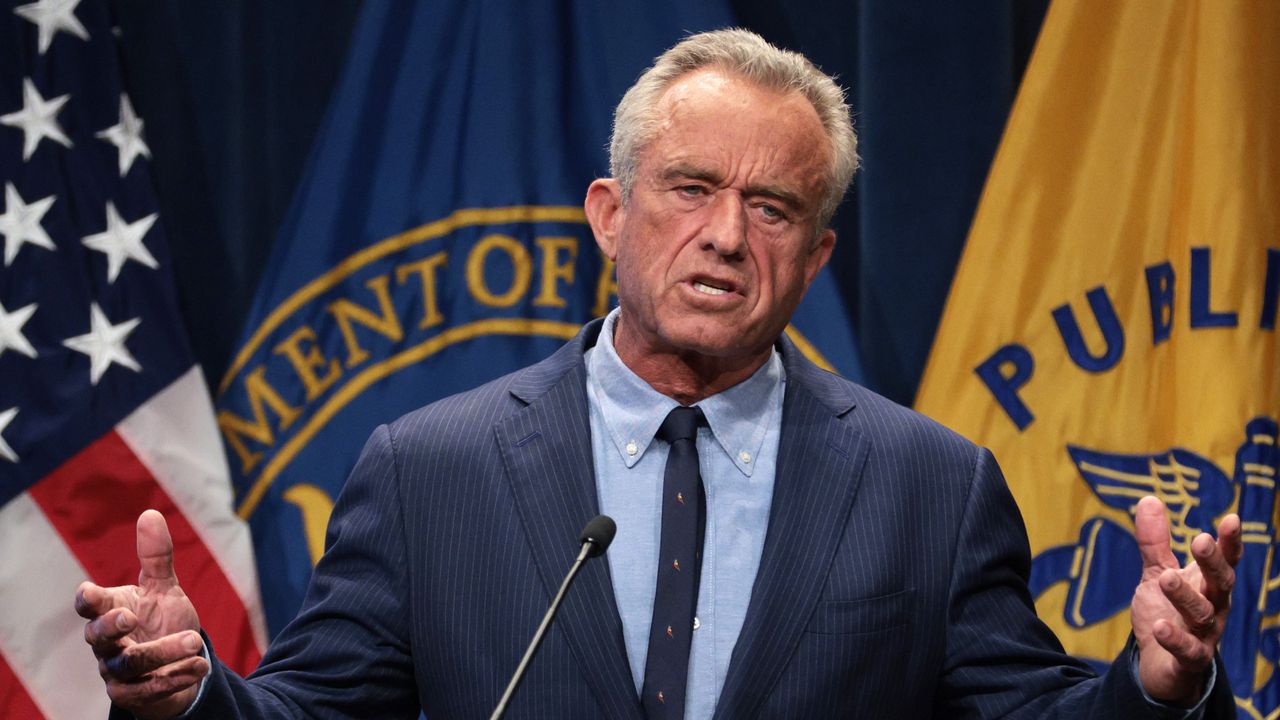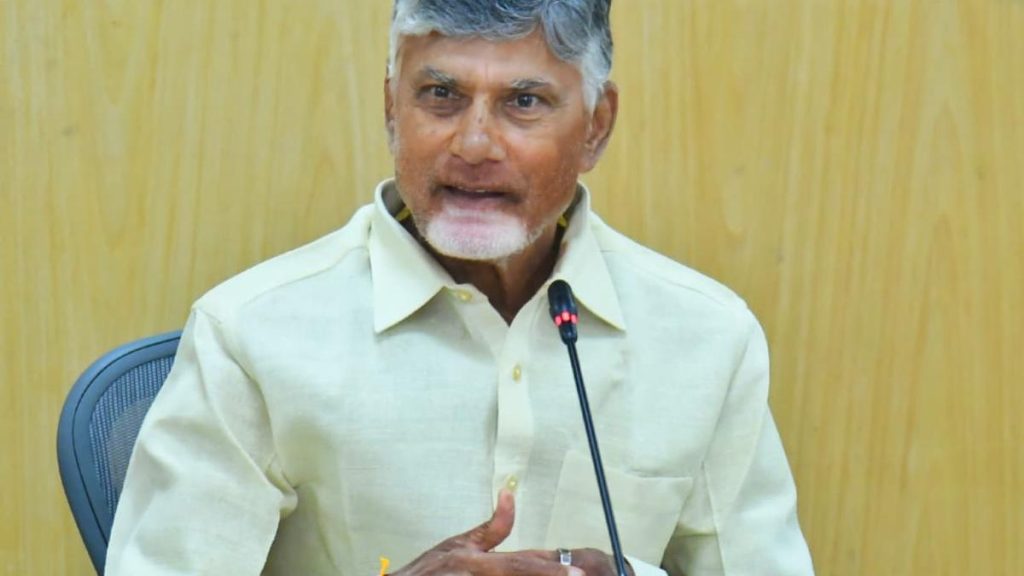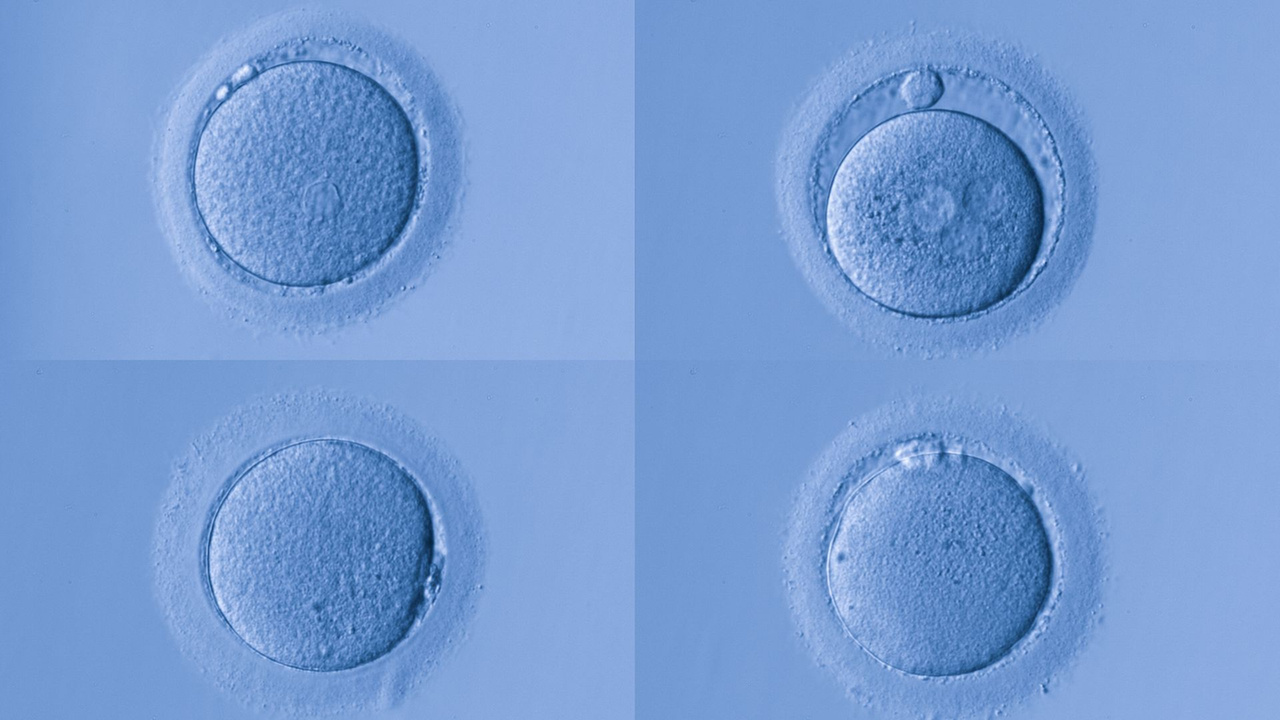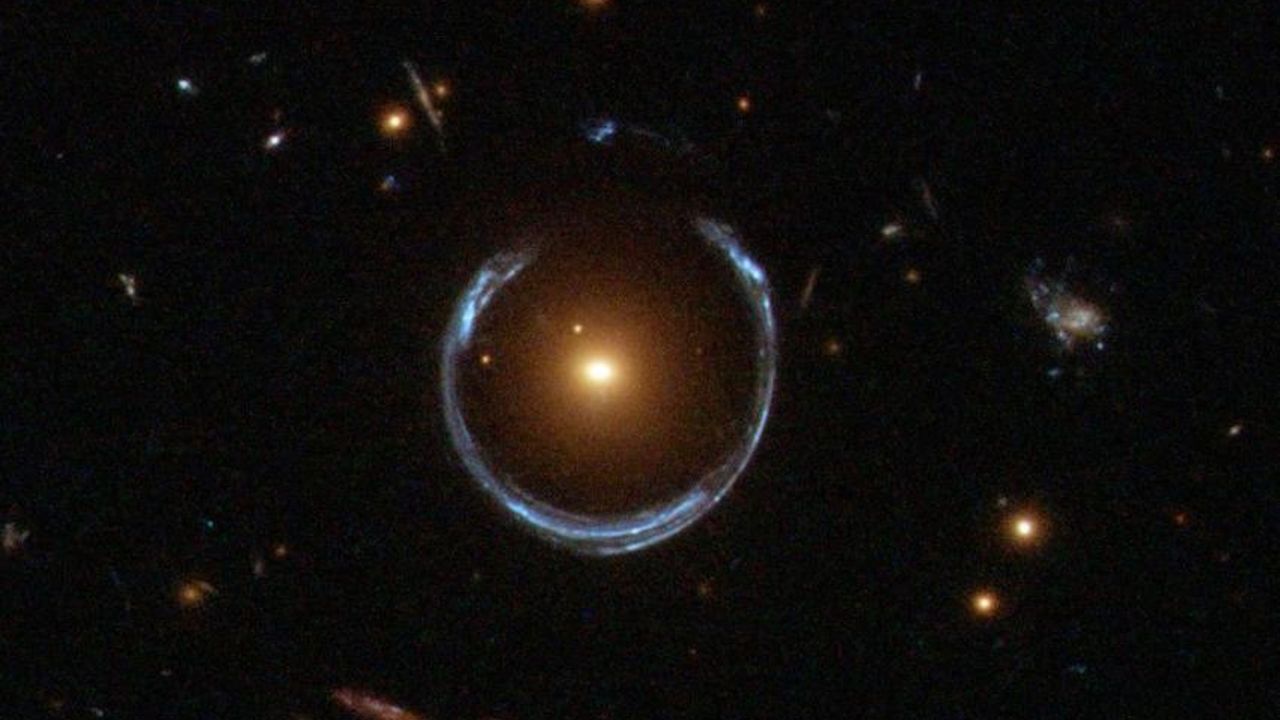Now Reading: Top Medical Journal Declines RFK’s Retraction Request on Vaccine Study
-
01
Top Medical Journal Declines RFK’s Retraction Request on Vaccine Study
Top Medical Journal Declines RFK’s Retraction Request on Vaccine Study

Swift Summary
- U.S. Secretary of Health and Human Services Robert F. Kennedy Jr.called for the retraction of a study published in Annals of Internal Medicine that concluded aluminum in vaccines poses no health risk too children.
- The study analyzed health records of over 1.2 million Danish children, finding no association between aluminum exposure from vaccines and conditions including allergies or autism.
- Aluminum has been used as a safe vaccine adjuvant for over 80 years, even though concerns about its toxicity persist among some groups.
- Kennedy criticized the study via TrialSite News, alleging it was “badly designed” with manipulated data and lacking openness due to unshared raw data – which researchers noted is restricted under EU privacy laws.
- The journal’s editor-in-chief Christine Laine rejected demands for retraction, stating that Kennedy’s arguments did not undermine scientific validity or expose misconduct.
- Senior author Anders Hviid refuted several claims by Kennedy in an op-ed,highlighting factual inaccuracies such as the alleged corporate ties of Hviid with vaccine developers (which he does not have).
- In June 2025, Kennedy took similar action against CDC advisors by replacing members who supported evidence-based vaccine practices.
Indian Opinion analysis
This episode reflects growing tensions between political leadership and established scientific research on contentious issues like vaccine safety. While India faces its own challenges with public skepticism toward vaccination programs and misinformation campaigns, the robust defense mounted by scientific institutions – such as Annals of Internal Medicine – underscores how transparency and scale can build trust.
The Danish dataset utilized in this study highlights best practices India might adopt: utilizing large-scale health records while prioritizing privacy protections under frameworks like GDPR-equivalent rulings here. Such studies could help counter persistent narratives against proven interventions critical to public health.
Kennedy’s actions also illustrate potential risks when political figures exert influence over scientific advisory bodies; India’s policy habitat should carefully guard against any similar politicization affecting life-saving initiatives such as childhood immunizations or pandemic responses. Robust systems protecting research integrity remain essential in sustaining public confidence across global contexts.


























